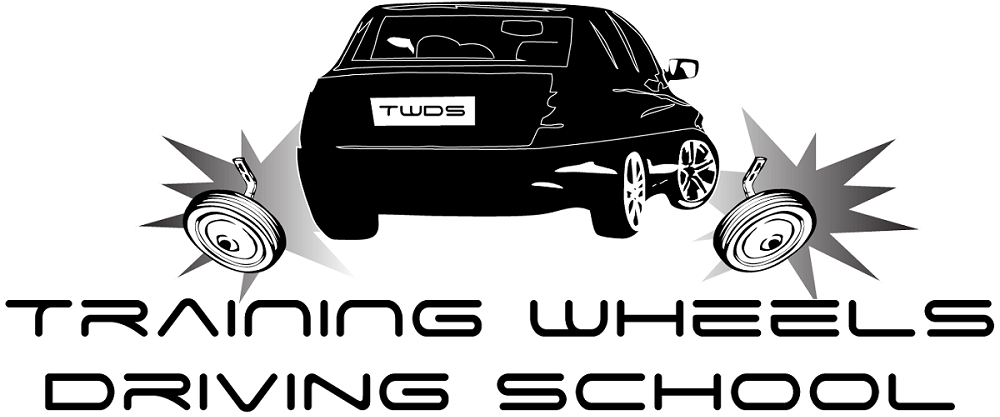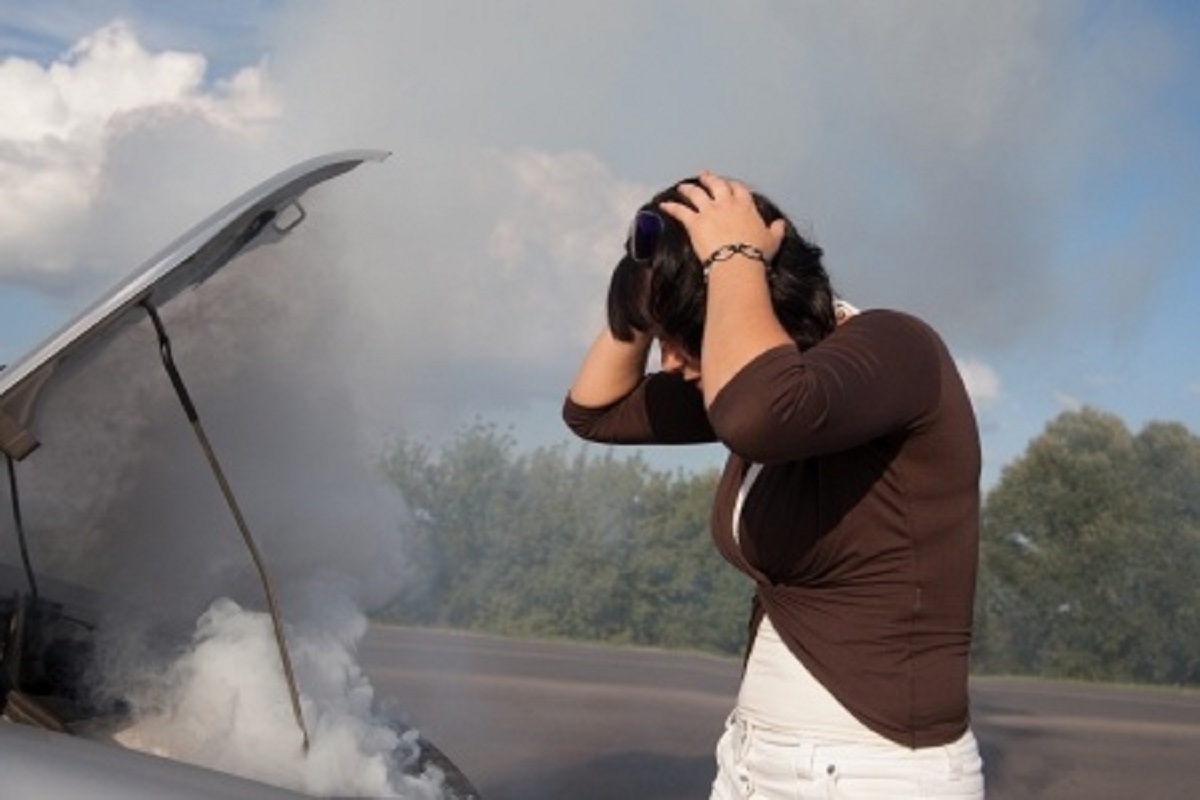How to Stay Safe When Your Engine Gets Too Hot
During the heat of the summer, it is not uncommon for drivers to put their vehicle’s air conditioning system through its paces. While cranking the AC may seem like the only way to cool down on those hot days, it can also cause your vehicle to overheat, even if it has been serviced regularly and is in good running condition. When you see your vehicle’s temperature gauge going up, it is important not to panic – here are some simple steps you should take if your vehicle overheats.
Turn the AC off – Should you notice the temperature gauge going up, turn off the vehicle’s air conditioning and open the windows. The compressor for the AC runs off of the vehicle’s engine, and the additional load could be what is causing the heat to rise. Should using the air conditioning always make the vehicle’s temperature rise, there may be a more serious issue that should be looked into.
Rev Your Engine in Traffic – In most cases, the engine’s temperature rises when the vehicle is stuck in traffic. Should you find yourself in a traffic jam and the engine is getting hot, put the car in neutral and rev the engine slightly. While other drivers may think you are prepared for a drag race, doing this causes the radiator fan and water pump to speed up, which helps to cool the engine. Additionally, try to not ride the vehicle’s brakes, as brake drag can contribute to the load on the engine, causing extra heat.
Turn the Engine Off – Should these simple adjustments not help with the engine heat, there may be a much bigger problem. Should the temperature be climbing out of control, find a safe place to pull over and turn the vehicle’s engine off. Once the engine is off, open the car’s hood to allow the additional heat to escape. Do not, however, attempt to work on the engine or radiator when the vehicle is hot – coolant and water in the radiator is under pressure when hot, and opening the cap sprays extremely hot coolant out.
Summer isn’t the only time vehicles can overheat – there are a number of reasons and circumstances that can cause a reaction. When the temperature starts to rise, start by turning off accessories like the air conditioning, turning on the fan and heat, or even pulling over to open the hood and let the heat out. These small steps can often make a big difference for your engine.
Think you or someone you know is in need of Behind the Wheel Training? Training Wheels is a Pomona driving school specializing in teaching new teen drivers how to stay safe on the road. For more information on our lessons, please click here.
Copyright: justaman / 123RF Stock Photo

